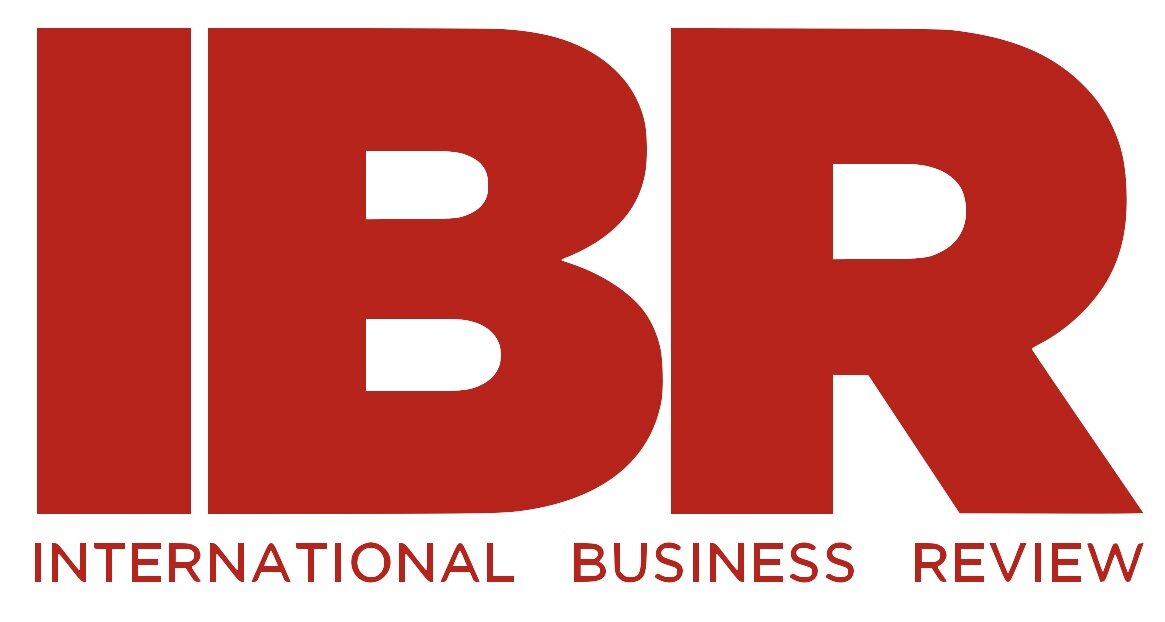Orange is the new black, 50 is the new 40, and a college diploma is the new high school degree. ‘Upcredentialing’ has thus surreptitiously emerged as a significant workforce phenomenon. To a certain extent, this is attributable to the Great Recession. During the most recent downturn and its immediate aftermath, the United States lost a net 8.7 million jobs. Able to choose from a wide array of job-seekers, employers consequently raised the bar on required educational and experiential credentials. Since then, despite the addition of about 16 million jobs to the national economy, employers continue to require more credentials than are often necessary to fulfill the responsibilities of a particular position. After all, no human resource professional wants to be seen as dumbing down their incoming workforce.
There are many implications associated with this phenomenon, including the fact that you need to work harder and smarter than previous cohorts of graduates just to accomplish what they did. In other words, your degree is not the ticket to utopia that it may once have been. A recent study conducted by the Federal Reserve Bank of New York indicated that in Q4 2016, about 44% of recent college graduates were employed in jobs not requiring such degrees. While this is bad for some college graduates, it’s also not particularly good for employers. Indeed, while many employers report difficulties finding suitable talent to fill available job openings, this is in large measure due to their own upcredentialing practices. Furthermore, the people whom they hire are often anxious to leave such positions quickly, resulting in more turnover, higher retraining costs and less consistent service quality.
A study by Burning Glass confirms these unnecessary challenges. The study found that many employers prefer that their employees possess a bachelor’s degree, despite that this often superfluous requirement means that it takes nearly 33 extra days to fill the position as it would have had the employer not instituted such a requirement. According to the study, 65% of executive secretaries and executive assistants now require a bachelor’s degree. However, a much smaller 19% of those currently employed in these occupational categories actually hold a bachelor’s.
While many point to deindustrialization and technology as explanations underlying the poor economic outcomes suffered by many high school graduates, upcredentialing certainly hasn’t helped these individuals. Jobs that could be made available to those who hold a high school degree as their highest form of educational attainment are denied these positions for lack of irrelevant credentials. From a macroeconomic perspective, the result is a smaller economy characterized by a large numbers of unfilled jobs, elevated turnover, a stubbornly low labor force participation rate, and a shortage of intrinsic motivation resulting from job-holders’ realizations that they are overqualified.
As always, the solution to this problem may rest in entrepreneurship. The rate of business formation is down in America. If more college graduates frustrated by the nature of available positions would start their own businesses, this would potentially increase the total number of job opportunities, and likely free up positions for high school graduates who are too often locked out of opportunities in which they would otherwise thrive.

